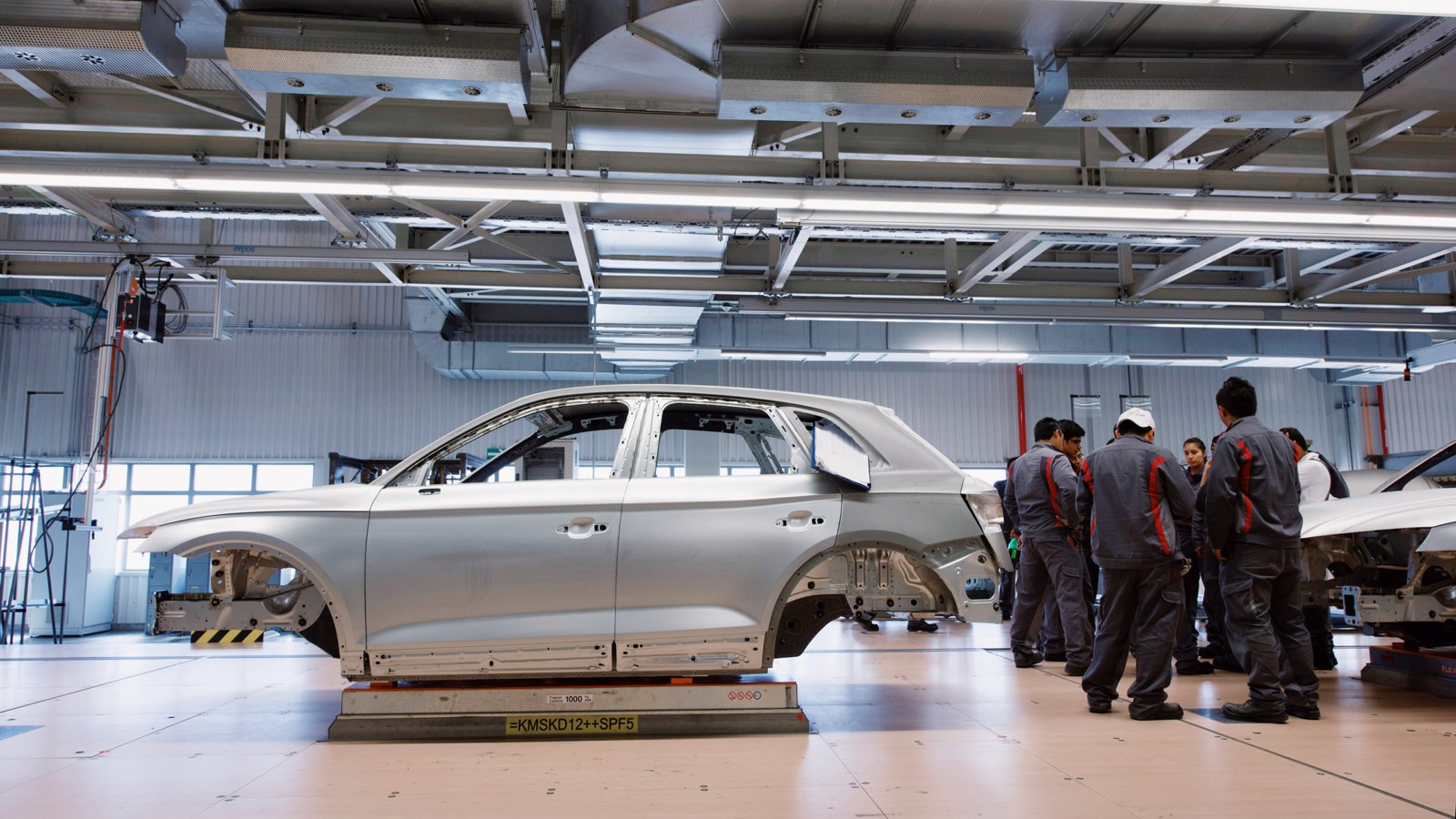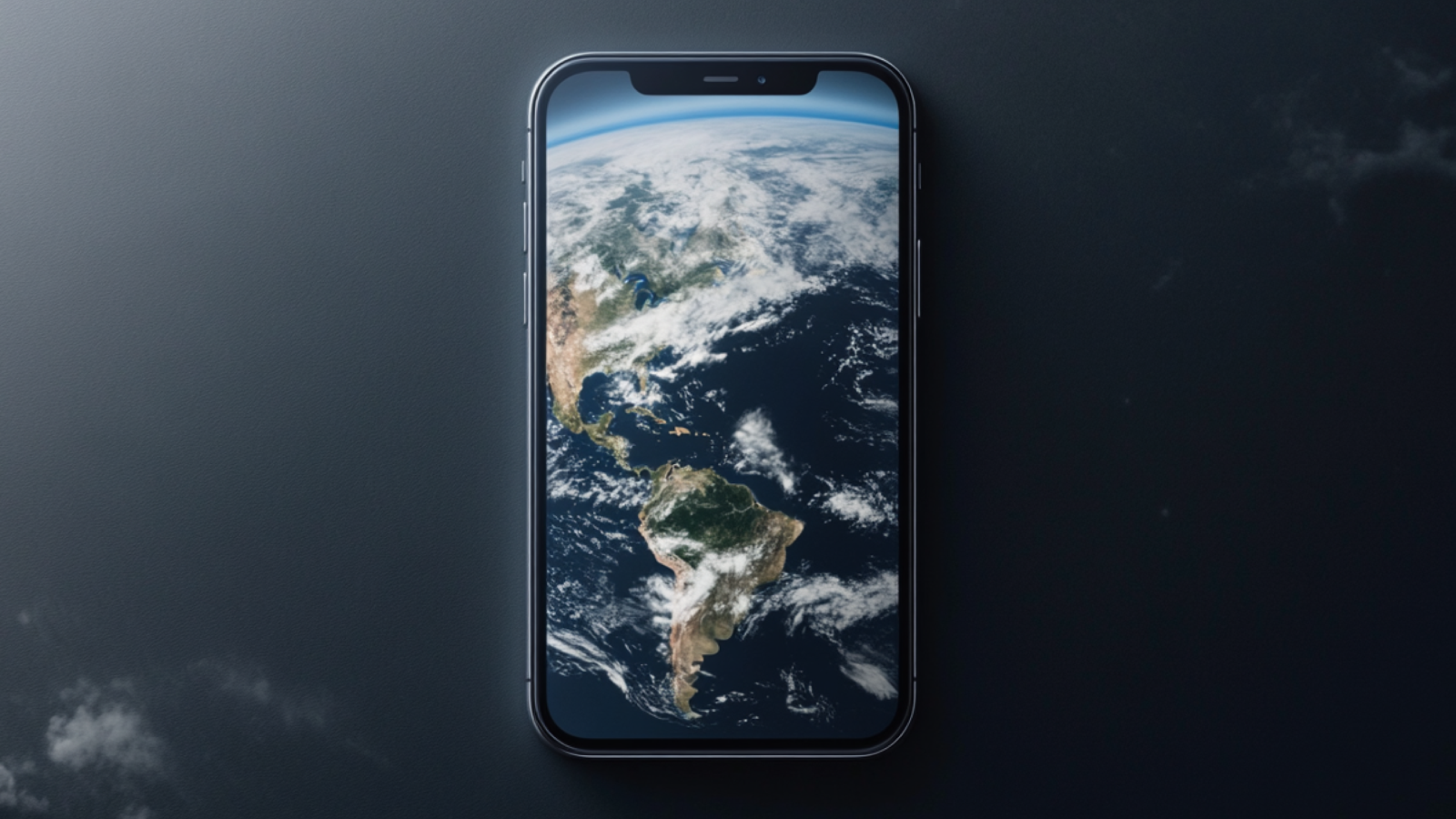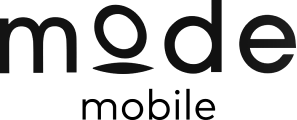Good morning.
YouTube is putting the house on lockdown. The Google-owned video streaming giant said Tuesday that it’s cracking down on gambling content, banning links to “unapproved” gambling sites — whether they’re in URLs, images, text, or even spoken aloud. YouTube defines “unapproved” gambling sites as those that don’t meet local laws or that Google hasn’t reviewed. In addition, users 18 and under, as well as anyone not logged in to the site, won’t be able to see any content that shows or advertises online gambling.
Because if there’s one thing that history tells us has stopped gambling operators, it’s prohibition.
Can the Automotive Industry Survive the Trade War?

Trump’s tariffs have arrived. The Dow Jones Industrial Average has fallen by some 1,000 points in two days. Canada has instituted retaliatory tariffs of its own, and Mexico says it will do so by Sunday.
In other words, the trade war is finally hot. And one industry in particular seems caught in the crossfire: automaking. Can the industry shift out of its peacetime gear?
Brake Check
Here’s the bad news: US automotive manufacturing is very diffuse, and very international. Individual component parts can cross the Mexican and Canadian borders as many as seven or eight times before being installed on the final assembly line — meaning they will trigger multiple rounds of 25% tariffs. “The supply chains are all international and intertwined,” Todd Cassidy, managing director at investment bank Brown Gibbons Lang & Company, told The Daily Upside, saying the state of the industry is the result of a multi-decade alignment of supply chains.
The even-worse news: Auto manufacturing is a notoriously thin-margin industry, and tariffs could tear right through those margins. The Alliance for Automotive Innovation — a.k.a. the industry’s biggest trade group — says companies could raise the sticker price of some models by 25% to offset the new import taxes, which it said will also probably impact vehicle availability. Key parts supplier Forvia, which counts Tesla, Stellantis, and BYD as clients, said tariffs could raise its annual costs by €450 million; its cash flow last year was just €655 million.
The very slight bit of good news for the industry: Cars largely remain a necessity in American life, financing could blunt sticker shock, the industry has been here before — and the tariffs may not last forever:
- “The industry faces shocks all the time,” Cassidy said. “Last month, we had chip shortages. We had container costs that were crazy high that lasted for months. Those things all work themselves through the system. The end consumer doesn’t always notice them.”
- And the tariffs may not be here long anyway. In an appearance on Fox Business on Tuesday afternoon, Commerce Secretary Howard Lutnick said that the tariffs could be rolled back, partially, by as soon as…today.
Down the Road: So in the short term: Consumers are likely to feel the pinch, which could show up as lower sales in the next batch of earnings reports. In the long term? Treasury Secretary Scott Bessent pointed in a Fox News interview Tuesday morning to Honda’s decision to move production of its Civic model from Mexico to Indiana as proof of tariffs’ power to incentivize near- and reshoring. But reshoring entire supply chains is likely a multi-decade endeavor. “The US simply doesn’t have the required infrastructure to vertically integrate the manufacturing process fully,” Jason Clark, Global SVP of Manufacturing and Energy at supply chain software firm Exiger, told The Daily Upside. “This would require an enormous amount of capital and advances in automation to be cost-competitive globally.”
Apple’s Starlink Update Sparks Huge Earning Opportunity

Apple just secretly added Starlink satellite support to iPhones through iOS 18.3.
One of the biggest potential winners? Mode Mobile.
Mode’s EarnPhone already reaches +45M users that have earned over $325M, and that’s before global satellite coverage. With SpaceX eliminating “dead zones” worldwide, Mode’s earning technology can now reach billions more in unbanked and rural populations worldwide.
Their global expansion is perfectly timed, and you still have a chance to invest in their pre-IPO offering at just $0.26/share.
Mode’s recent 32,481% revenue growth and their newly reserved Nasdaq ticker $MODE puts them one step closer to a potential IPO.
Invest in Mode’s pre-IPO offering at $0.26/share and earn up to 100% bonus shares.*
BlackRock Leads $23 Billion Deal for Panama Canal Ports
Oh buoy! The largest asset manager in the world announced the biggest infrastructure deal in its history on Tuesday.
BlackRock and its Global Infrastructure Partners unit agreed to take control of two major ports at the Pacific and Atlantic entrances of the Panama Canal. The titanic port deal immediately made political waves, even as the seller, Hong Kong-based conglomerate CK Hutchison, denied politics were at play.
Under Pier Pressure
The Panama Canal was built by the United States in the early 20th century, and handed over to Panama in 1999. The 51-mile waterway links the Atlantic and the Pacific oceans by cutting through Central America and is essential to the US economy: Roughly 70% of traffic goes to or from the US.
For the nation of Panama, it has been a spectacular business: Last year, the canal generated nearly $3.5 billion in net income from about $5 billion in revenue. The Trump administration and Republican lawmakers have complained in recent months that US ships are being charged too much for using the canal: Authorities collected an average $341,000 per vessel in 2023, up 59% from 2018.
But the administration also singled out another alleged threat to American business: There are foreign-owned ports operating on either side of the canal — which Trump has claimed, without offering any evidence, is proof that China has taken control of the waterway. CK Hutchison has run Panama’s Balboa and Cristobal ports under a concession since 1997 that was extended to 2047. For BlackRock, the geopolitically sensitive purchase is part of a big push for alternative assets:
- The asset manager and its consortium will acquire 90% of Panama Ports Co., which operates the entryways in Balboa and Cristobal, and 80% of the Hutchison Ports group, which adds 43 other ports in 23 countries to the deal. Hutchison said the deal totals $22.8 billion, including $19 billion in cash proceeds.
- BlackRock bought its Global Infrastructure Partners unit for $12.5 billion last year, inserting itself into the business of seaports and airports, electricity, and digital infrastructure around the world. The unit has investments in the Port of Melbourne, airports in Sydney and greater London, US liquefied natural gas, and French wastewater management — underlining BlackRock CEO Larry Fink’s bet that private infrastructure will open up new growth at his firm, which made $20.4 billion in revenue last year.
Free Will: CK Hutchison, a massive business empire built by Hong Kong billionaire Li Ka-shing, insisted Monday that its sale was “purely commercial in nature and wholly unrelated to recent political news reports.” The company said it conducted a “rapid, discrete” sale process that received numerous bids. BlackRock’s acquisition must be approved by Panamanian authorities, while Washington is probably pleased as punch: Multiple reports said Fink briefed the Trump administration and Congress on the acquisition.
You Work Hard, Is Your Money Working Hard Enough for You? When you invest and save with Worthy, you earn a fixed 7% APY+ with access to your money 24/7 without fees or penalties. Worthy bonds are backed by a residential real estate portfolio and help grow communities across the US. Start earning 7% APY with as little as $10 today.**
Prada Defies Luxury’s Slump
Prada isn’t loafing around. The luxury icon reported retail sales across its brands rose 18% last year as the company reportedly gears up to buy Versace from Capri Holdings. Prada’s trendy little-sister label Miu Miu led the way with record sales growth of 93%.
Miu Miu “Arcadie” bags are on a world tour: Every region except the Americas notched double-digit growth for Prada last year, and the Americas caught up in the second half. Japan led Prada’s sales globally as foreign tourists took advantage of the weakened yen to splurge in Ginza.
That double-digit uptick even includes the Asia Pacific region, where Chinese shoppers’ scrimping has strained luxury’s bottom line.
Luxury’s Not a Monolith
Prada’s one of few brands that has stayed a cut above an industry slowdown. The global luxury market dipped 2% last year, according to Bain, dragged down by a drop of as much as 20% in China (its lowest level since 2020).
Not on the best-dressed list:
- The EU’s largest company by market cap, Louis Vuitton-owner LVMH, only recorded 1% sales growth last year.
- Kering fared worse, with annual sales falling 12% as shoppers opted for quiet luxury over Gucci logos.
But there are glimmers of a comeback: LVMH’s nearly-flat quarter beat investors’ low expectations, while Richemont reported a record holiday quarter as Santa splurged on Cartier cuffs and Van Cleef necklaces.
And while other industries are concerned about incoming tariffs, luxury could be uniquely positioned to absorb the blow. Hermès, which has bucked the slowdown like Prada, said it doesn’t expect Birkin buyers to be phased by any tariff-related price increases — and if they do, they can just take a trip to France to buy straight from the source. Shopping tourism is nothing new for luxury, and the cost of a plane ticket pales in comparison to the price of a Kelly bag.
Mixed Bag: A lot of factors impact luxury spending, not just macroeconomic conditions — from the rise of fast-fashion imitations to TikTok trends and changing tastes. These days, Miu Miu and Hermès are in while Gucci and Versace are out, but that could shift (especially if Prada gives Versace a Miu Miu makeover).
Extra Upside
- That Was Fast: Target’s CEO said his big box chain could hike fruit and vegetable prices in the coming days after the US leveled tariffs on Canada and Mexico Tuesday.
- No Mercy: Goldman Sachs reported its biggest quarterly profit in over three years in January, but it’s planning to cut more than 1,300 people through annual performance reviews.
- Up to 5% Cash Back…on Business Expenses? Loads of people optimize their personal credit card spending to navigate into airport lounges with tufted leather couches, or to pad their savings accounts with cash back. Why not optimize your business spending, too? Business cards can offer cash back as high as 5%. Explore a few of the best offers here.***
***Partner
Just For Fun
Disclaimer
*Please read the offering circular at invest.modemobile.com. This is a paid advertisement for Mode Mobile’s Regulation A Offering. A reservation of the ticker symbol is not a guarantee that we will be listed on the NASDAQ. Any IPO timing is unknown, general steps to be accepted have not been undertaken at this point, and that listing is not guaranteed.
**7% APY valid until 01/01/26

